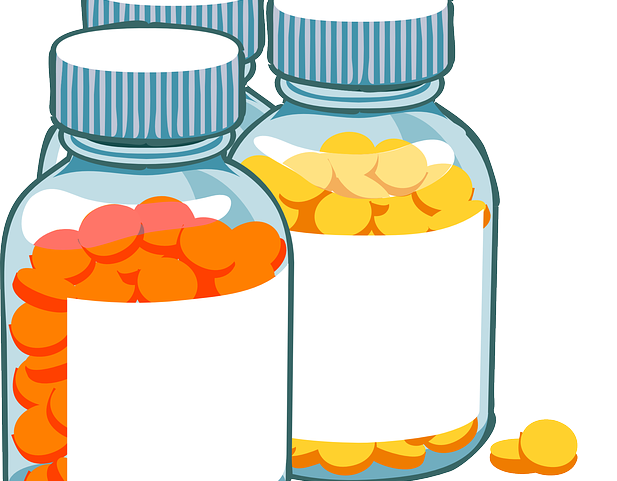Nicholas Florko reports for Stat News on minor and arguably risky efforts by the Trump administration to drive competition in the Medicare Part D prescription drug marketplace through the promotion of biosimilars and generic drugs. The administration’s drug proposals will keep prices high. To bring down drug costs, Congress should set prices at the average of what other wealthy countries pay for them.
One administration proposal would give bonuses to Medicare Part D drug plans if they steered their members towards generic drugs. Right now, drugmakers pay insurers to push their costly drugs, so the insurers tend to do so. Another proposal recommends that insurers create a special low-cost tier in their formularies for lower-cost medicines.
Promoting the use of generic drugs or biosimilars, which are generic versions of biologicals made from living cells, should not be controversial. They make sense. But, for a host of reasons, patient advocates, pharmaceutical companies, health insurers and pharmacists are pushing back against these proposals.
Of course, health insurers should not need to be incentivized to promote generics and biosimilars. But, they are not doing so in many instances where they should be. So, the Centers for Medicare and Medicaid Services (CMS) has proposed that it would factor in the frequency with which Part D insurers have patients taking generics and biosimilars as part of their star-rating, which in turn affects the amount of money CMS pays them.
One issue is that insurers receive rebates, money back from pharmaceutical companies, when they put certain brand-name drugs on their formularies and promote them. The insurers say that sometimes these rebates make brand-name drugs less costly than generic drugs. So, they argue that pushing generics could drive up costs.
The pharmaceutical companies argue that biosimilars are not identical to biologics. So, it would be wrong to push the biosimilars in many cases.
What’s particularly troublesome about the fights over these proposals is that the insurance and pharmaceutical industries seem to win them with the argument that they will drive up costs because pharmaceutical companies will respond with higher prices for drugs. The fact is that any attempt to “save” money can be met with higher brand-name drug prices since Congress has given pharmaceutical companies the power to set prices through the patent system.
For brand-name drugs, pharmaceutical companies control the price. Insurers will pay an agreed upon high price because they will benefit financially–with a rebate–from the pharmaceutical companies. So long as drugmakers can set the price and insurers can pocket rebate dollars–they can also keep the amount of the rebates secret–there’s no way for the American public to see lower drug prices.
The simplest and fairest solution in a global marketplace is for the federal government to establish drug prices in the US that are on average what other wealthy countries pay for their drugs. Although President Trump at one point argued that Americans should not be paying higher drug prices than people in other wealthy countries, it appears he has since been swayed otherwise.
Here’s more from Just Care:










